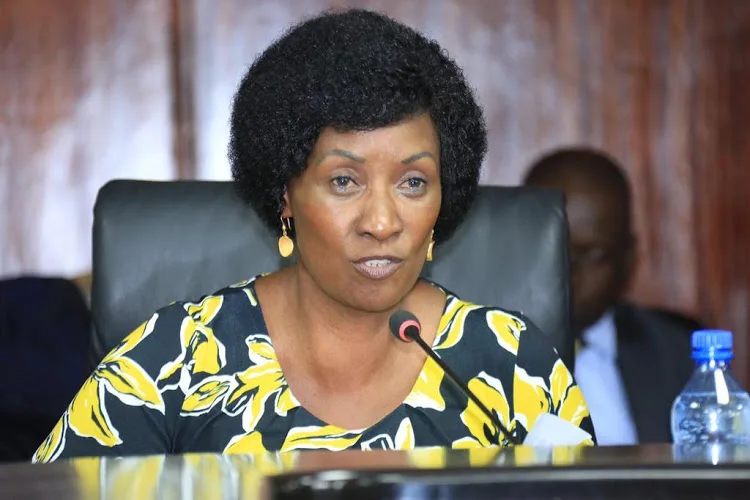Teachers Decry Bias in TSC’s 19,000 Promotions Exercise.
The Teachers Service Commission (TSC) commenced its teacher promotion interviews on Monday, January 23, across the country.
This initiative aims to elevate over 19,000 educators to higher job groups, providing long-awaited relief to veteran teachers who were left out during the contentious 2024 promotion process.
Teachers nationwide dedicated significant effort to prepare for these interviews, with many spending sleepless nights revising the roles of various government agencies and the latest education policies.
However, their expectations of rigorous face-to-face interviews were dampened when the process turned out to be predominantly a document verification exercise.
Age and Longevity Favored
A survey by Teachers Updates highlighted that the score sheets heavily favored older teachers and those stuck in the same job group since 2017.
This shift began when the traditional Schemes of Service (SoS) system was replaced by the Career Progression Guidelines (CPG), which introduced interviews as a requirement for promotions instead of the automatic advancements previously offered under SoS.
According to teachers interviewed, younger educators with advanced qualifications were at a disadvantage under the current system.
Master’s degree holders earned just five marks on the score sheet, bachelor’s degree holders received two, and diploma holders got only one mark.
One respondent remarked that most younger teachers with higher qualifications seemed overlooked, expressing frustration at the disparity in recognition.
A Systemic Flaw?
A teacher from Ol-Kalou in Nyandarua observed that the TSC seemed to prioritize experience over additional training.
They warned that if the current system persisted, teachers might lose interest in pursuing further professional development at institutions like the Kenya Education Management Institute (KEMI) and Kenya Institute of Special Education (KISE).
The promotion process raises questions about how teachers without advanced qualifications will ascend to administrative roles in Junior Secondary Schools (JSS).
Many JSS educators hold bachelor’s degrees, whereas primary school administrators, often without university degrees, manage these institutions. This disparity could lead to friction within schools.
Emerging Turf Wars
Educational social media platforms have become battlegrounds for debates on who should lead JSS: primary school teachers or their secondary school counterparts.
While opinions remain divided, the Ministry of Education (MoE) has reinforced its stance by placing JSS under primary schools and investing in infrastructure and staffing to support the decision.
Scoring Criteria and Disparities
The promotional interviews reveal stark disparities in the scoring system:
| Criterion | Marks Allocated |
|---|---|
| Teachers with 7+ years in grade | 30 |
| Teachers aged 55+ | 20 |
| Acting deputy or head teachers | 39 |
These scores highlight a significant advantage for long-serving teachers and those with acting roles over younger, more qualified counterparts.
Read Also: TSC to Roll Out Teacher Deployment to Special Schools
Future Implications
As the TSC proceeds with its promotional interviews, the stage is set for continued debate and potential tension among teachers. The differing priorities of experience versus qualifications will likely remain a contentious issue in the education sector, influencing future policies and reforms.
Teachers Decry Bias in TSC’s 19,000 Promotions Exercise
Follow Teachers Updates on Facebook, LinkedIn, X (Twitter), WhatsApp, Telegram, and Instagram. Get in touch with our editors at [email protected].


Discussion about this post